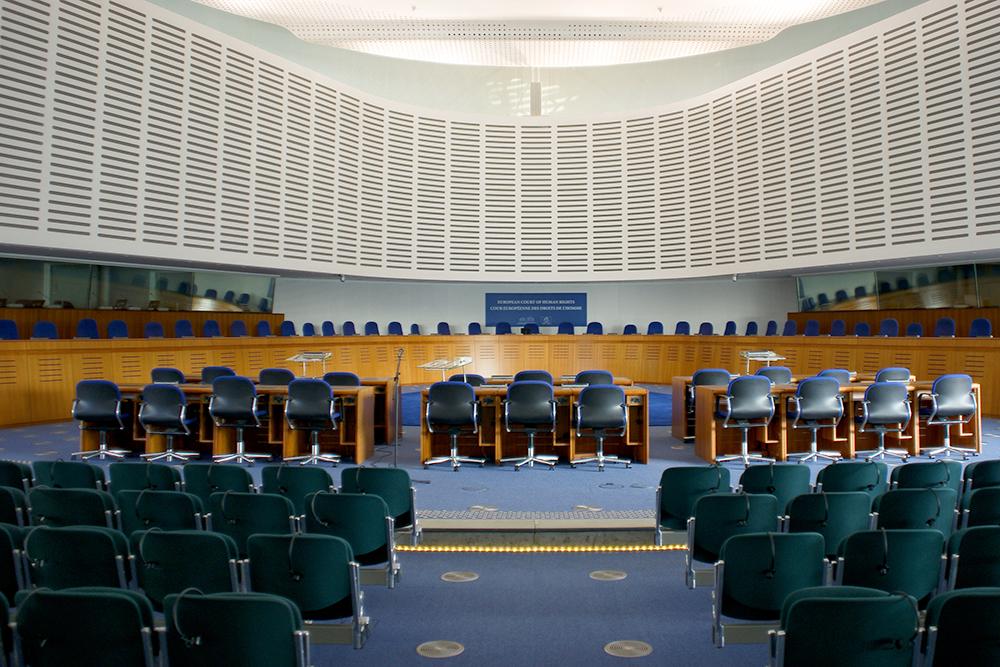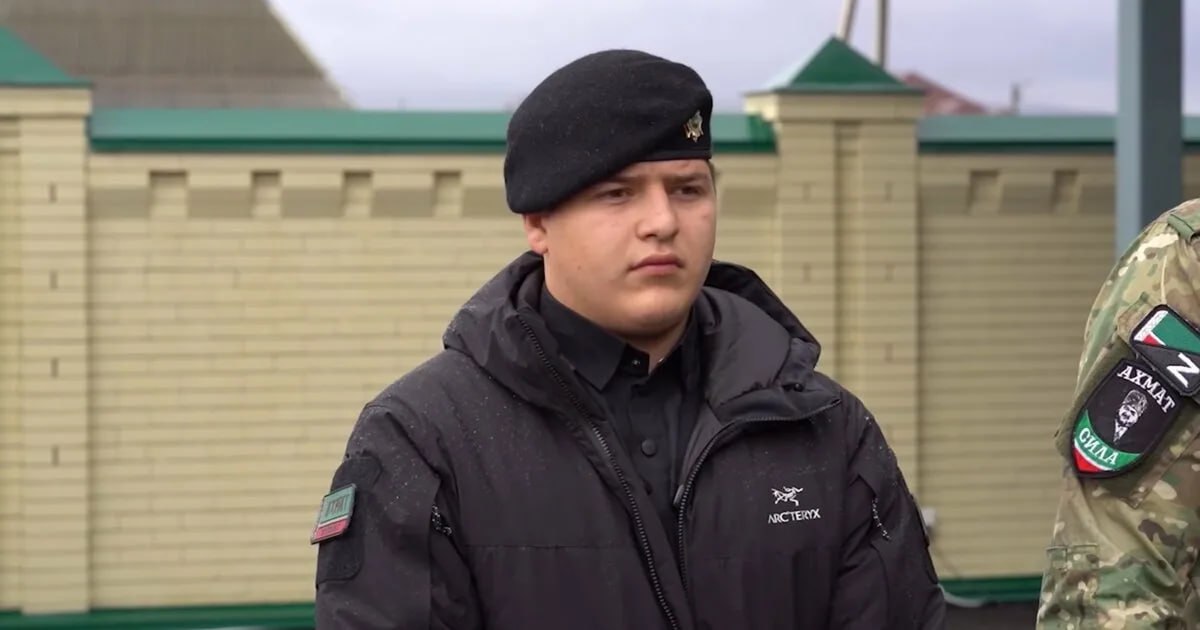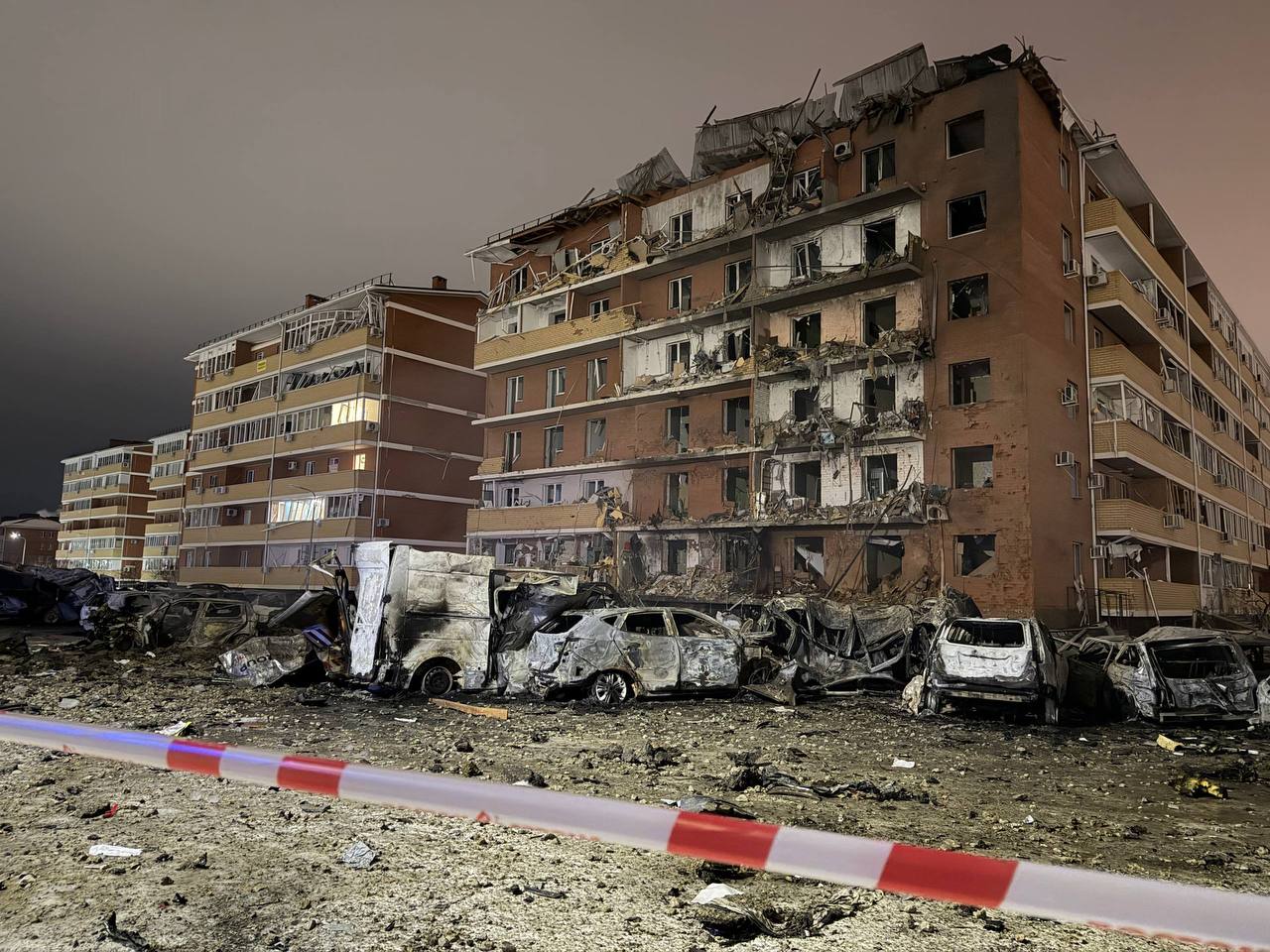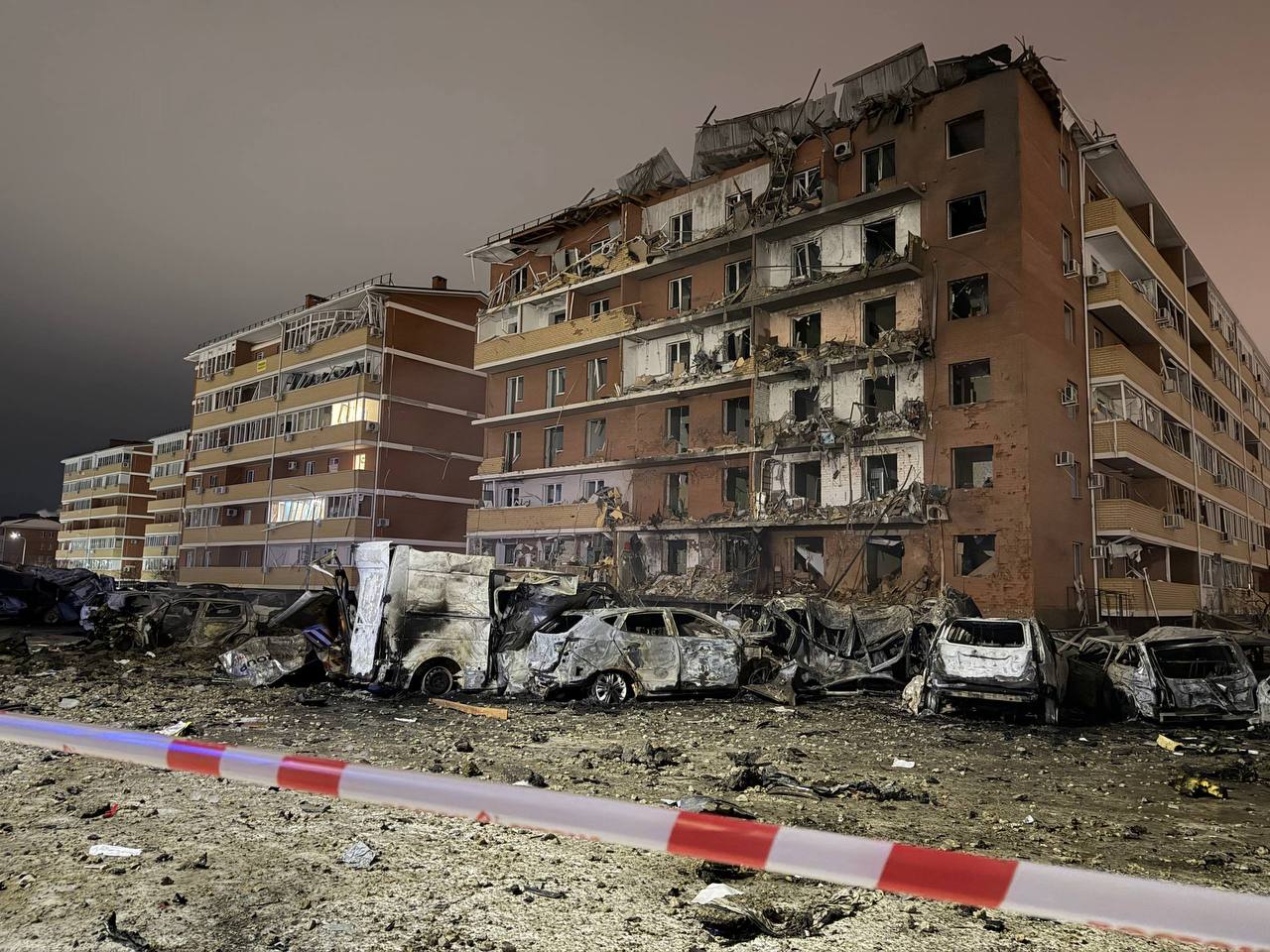The health of Adam Kadyrov, the son of Chechen leader Adam Kadyrov, who was injured in a traffic accident in Grozny, is improving, according to the Agency, citing sources close to the Russian presidential administration and the Chechen authorities.

Russian authorities are ignoring ECHR decisions that came into force before the country's withdrawal from the Council of Europe, refusing to pay compensation to torture victims from Chechnya.
Zubair Idrisov and Amur Ganayev, who survived cruel treatment at the hands of government officials, are unable to obtain justice. Specifically, Idrisov was sentenced to nine years in prison on charges of banditry and attempted murder of law enforcement officers. However, in 2021, the European Court of Human Rights found that he had been tortured, the investigation was improper, he had been unlawfully detained, and the trial did not meet fair trial standards. The ECHR awarded him €52,000 in compensation.
A similar situation arose in the case of Amur Ganayev, also a native of Chechnya. After his arrest in Grozny in 2006, he claimed to have been beaten and tortured with electric shocks for ten days, leading to his confession to the murder. In 2022, the ECHR also awarded Ganayev €52,000 in compensation.
As a reminder, in 2022, Russia ceased to be a member of the Council of Europe and decided not to implement ECHR judgments that entered into force after March 15, 2022. Despite a clearly defined deadline, compensation judgments issued before this deadline are also being ignored.



